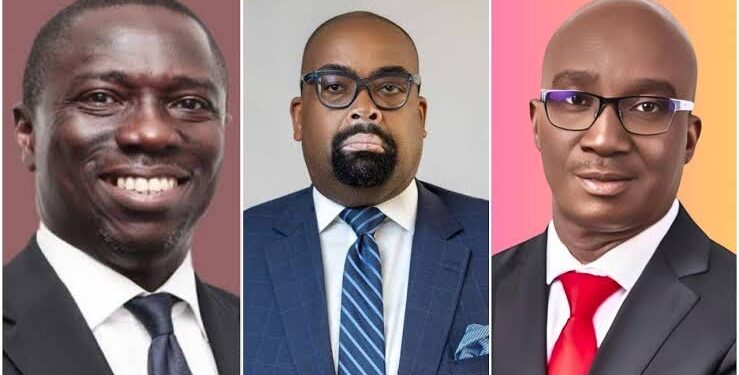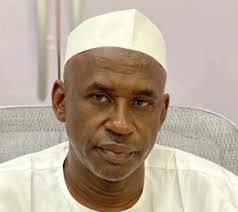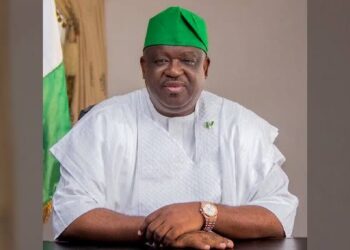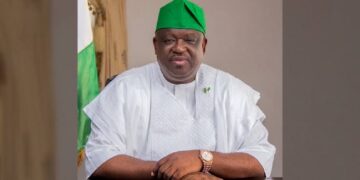The Edo State governorship election is nearing its conclusion, with three main candidates competing for victory. This article looks at their chances ahead of Saturday’s election.
Although the Independent National Electoral Commission (INEC) listed 17 candidates, the race has become a contest between Asue Ighodalo from the Peoples Democratic Party (PDP), Olumide Akpata from the Labour Party, and Senator Monday Okpebholo from the All Progressives Congress (APC).
Key political figures, like former Governor Adams Oshiomhole and current Governor Godwin Obaseki, are also heavily involved in supporting their chosen candidates. Obaseki helped Ighodalo during a competitive primary, while Oshiomhole backed Okpebholo.
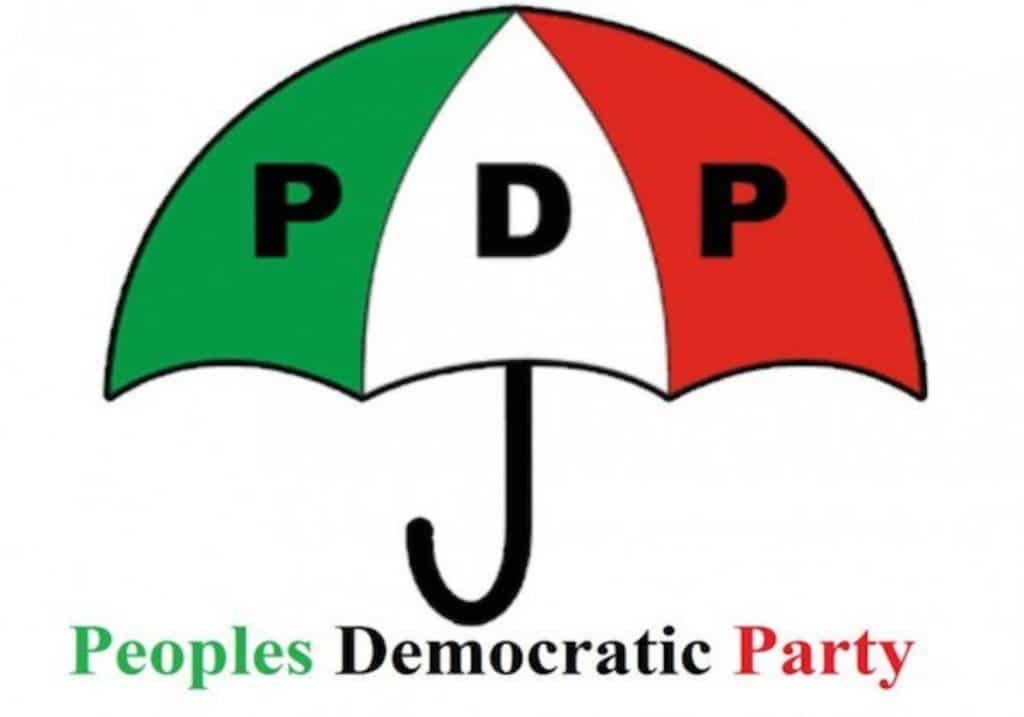
This election has similarities to the 2020 race, but the Labour Party’s emergence adds uncertainty, potentially changing the outcome.
Edo State is divided into three districts: Edo South, Edo North, and Edo Central. Edo South has the most local governments, followed by Edo North and Edo Central. Since 1999, there has been an informal agreement to rotate power among these districts.
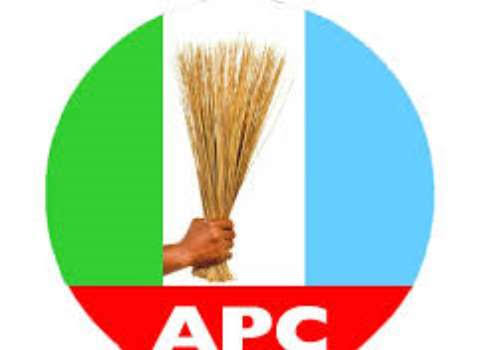
In 2007, the ruling party chose Oserheimen Osunbor from Edo Central, and the opposition party nominated Oshiomhole from Edo North. Osunbor was initially declared the winner, but a court later overturned that decision.
In 2016, Oshiomhole supported Obaseki from Edo South against Ize Iyamu, who was also from Edo South. After their falling out, Oshiomhole backed Iyamu in 2020 but lost.
Before the current primaries, there was a consensus to shift power to the Central district, but Oshiomhole still backed an Edo South candidate, Dennis Idahosa, who ultimately lost to Okpebholo. After some negotiation, Idahosa joined the ticket as the running mate.
Both the APC and PDP primaries led to potential matchups in Edo Central, while the Labour Party selected Akpata from Edo South, causing some division among supporters who feel power should stay in Central.
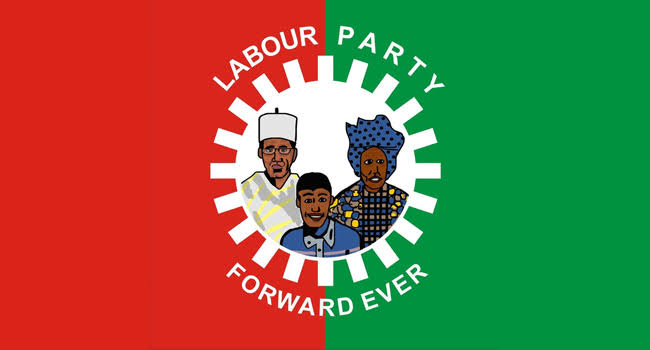
All major parties faced issues after their primaries. In the APC, two candidates claimed the ticket, requiring intervention from party leaders. In the PDP, there was a significant fallout involving Philip Shuaibu, who was impeached after challenging the primary results.
The APC and PDP have similar candidate arrangements. Ighodalo’s running mate is Osarodion Ogie from Edo South, while Idahosa’s running mate is also from Edo South. The Labour Party has a mixed ticket with a Christian from Edo South and a Muslim from Edo North, Kadiri Asamah, who may attract Muslim voters.
Edo Central is expected to be competitive between the PDP and APC. Both parties view Edo South as a contested area, even with Akpata running there. The APC has historically done well in Edo North but faces challenges from the Labour Party’s choice of a Muslim candidate, addressing local concerns.
The PDP hopes to leverage its recent state assembly victories as an indicator of support, despite losses in previous national elections. The absence of Peter Obi on the ballot since the gubernatorial election doe not coincide with a national presidential election, may weaken the Obidient movement’s influence compared to 2023.
The APC candidate has faced criticism for his communication skills, while the current economic situation in Nigeria could sway voters. The ruling party benefits from government resources, raising concerns from opposition parties, especially the PDP. Governor Obaseki has declared this election a “do or die affair,” indicating the high stakes involved.


